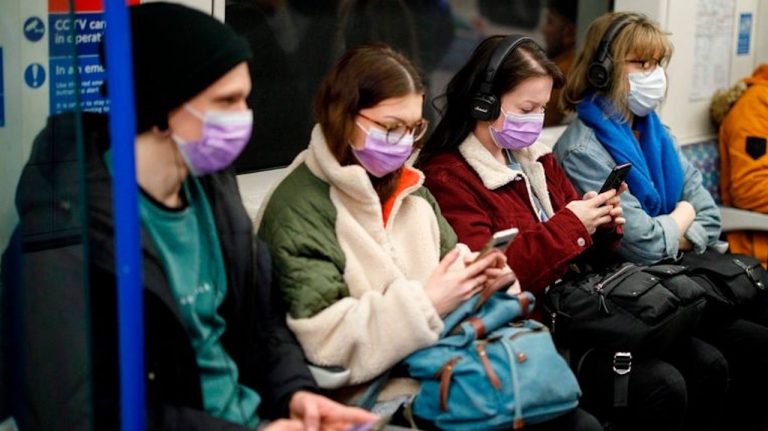The UK government confirmed payments will be given to low-income people who need to isolate in areas with high incidence of Covid.

In the UK, there are some areas which force people to self-isolate to prevent the virus to spread. It because the area has high numbers of Covid-19 cases. So, people who have low-paid will be able to claim £13 a day from the Government.
This information has been announced by Matt Hancock.
Matt Hancock’s £13-a-day offer to low-paid people
The Health Secretary confirmed that people on either Universal Credit or Working Tax Credit who are required to self-isolate and are low-paid or unable to work from home, in areas with high incidences of Covid-19, will be entitled to claim the payment from September 1.
The payment will be different from each area and condition.
The trial started in Blackburn with Darwen, Pendle and Oldham, people who test positive for the virus will receive £130 for their 10-day period of self-isolation. Other members of their household have to self-isolate for 14 days, will be entitled to a payment of £182.
Hancock said, “The big picture is we have to make sure we get as many people as possible successfully going through that NHS Test and Trace system and one of the challenges that have come back on the ground is to get that figure even higher for people on low incomes to make sure they get extra support if they’re going into self-isolation.”
How to get payment
The Government said that the payment will not reduce any other benefits that a person may already receive. Payments will be provided within 48 hours. For receiving the payment people will be asked to provide notification from NHS Test and Trace and a bank statement.
An individual who can get the payment must have tested positive for Covid-19 or received a notification from NHS Test and Trace asking them to self-isolate. They have to agreed to do self-isolation and provided contact details to the relevant local authority, be employed or self-employed, be unable to work from home and be losing income as a result and be currently receiving Universal Credit or Working Tax Credit.




